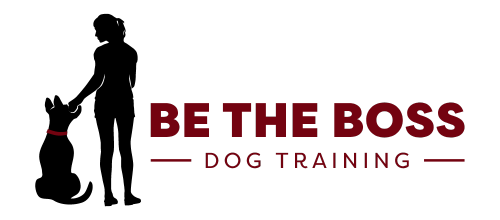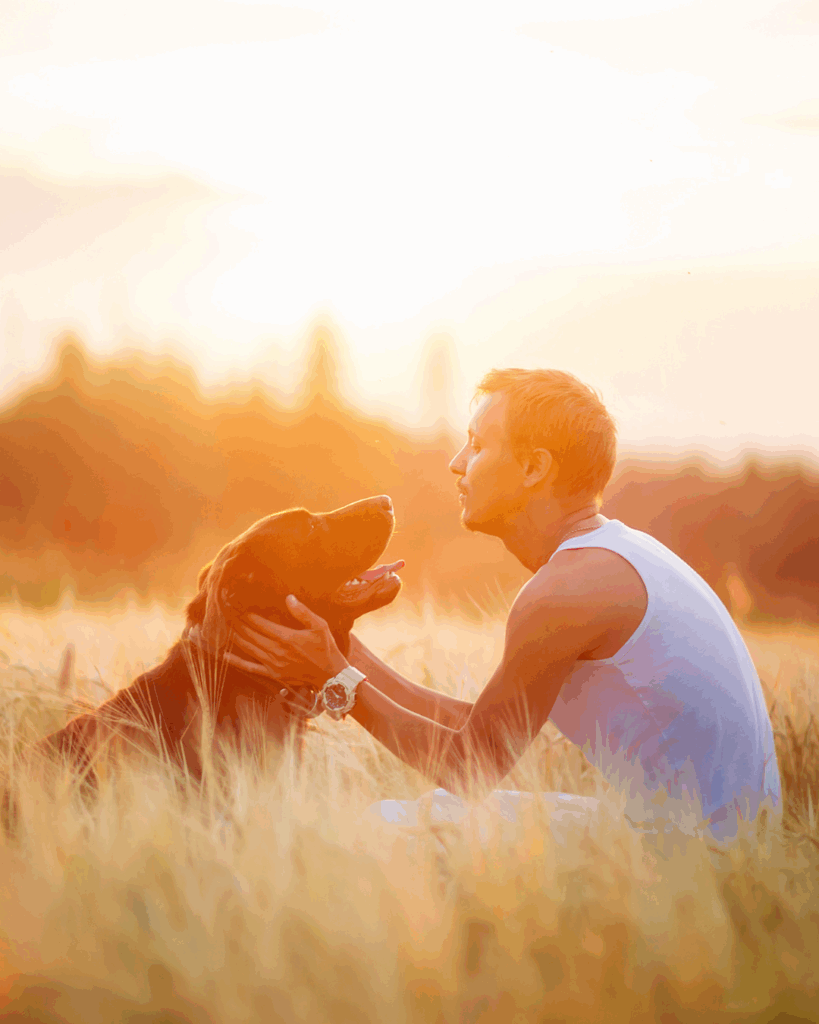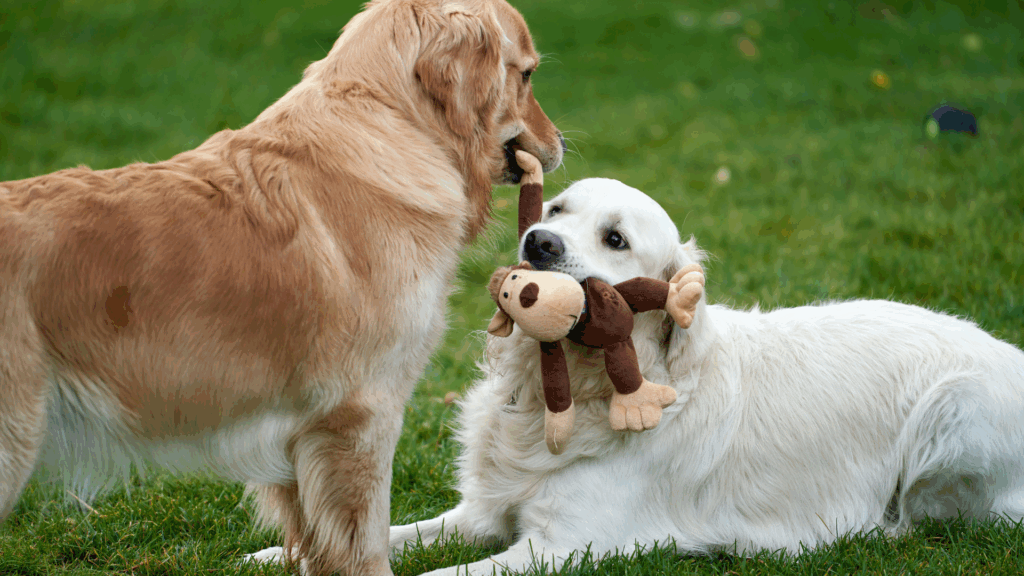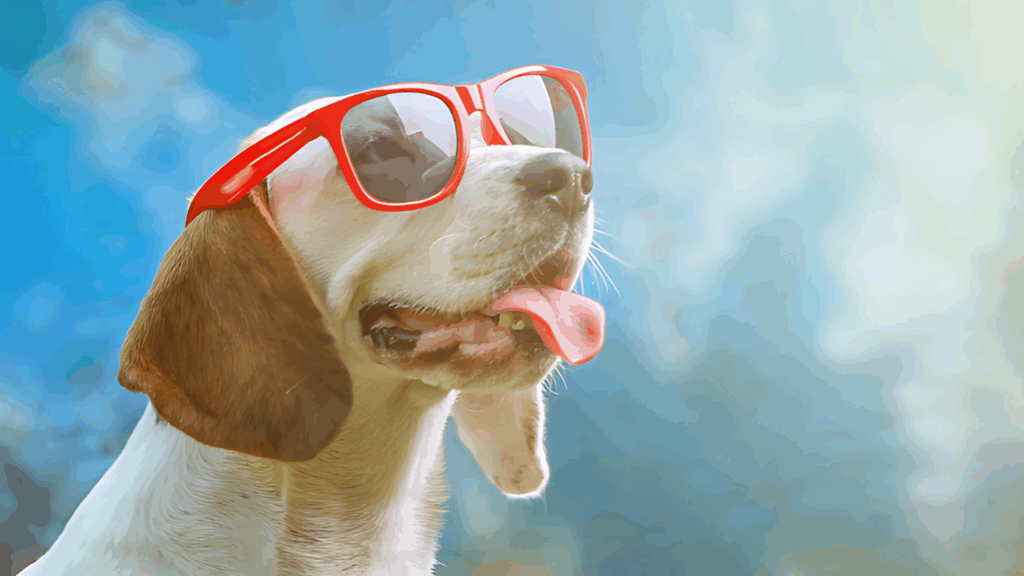Rescue dogs may come from an unknown past. Or they may be scared because they are now parted from their family. It always requires an adjustment to bring them into your home. It’s your responsibility to love, heal, and train them.
You treat them like you do your own personal dogs…knowing that they will never BE your personal dog. Every dog takes a piece of your heart with them when they leave.
So, what am I learning from my rescue dogs in the brief period we have together?
- Frustration is almost always caused by miscommunication
Sometimes my husband just doesn’t KNOW that his actions are causing me frustration. I tend to not give the benefit of the doubt to him, and it seems like everything he is doing is JUST to make me mad.
By training my rescue dogs (and yes, feeling frustrated sometimes) I realize that these dogs are not capable of doing things JUST to make me mad.
They simply don’t know.
They don’t know how to walk nicely yet. Or stay on place. Or not jump on me. Or be CALM.
It is MY responsibility to be clear in helping them learn. - I need to speak in a language that he understands
Every dog is different. Their personalities, temperaments and motivations can vary widely.
Dog number one may work well with a training collar. Dog number two may shut down completely when trained the same way.
I’m learning to love my husband in HIS language. While I like to be loved by having him help me with an errand, and holding my hand…HIS way of being loved is a kiss on the forehead and some kind words.
The attitude “This is just the way I am so deal with it” will NEVER be conducive to a marriage.
Conclusion
So…when feeling frustrated with my husband I’ve realized that it’s always out of miscommunication. Clarity is a wonderful thing.
And moving forward I’m making an effort to see my husband as an individual with different needs (and language) than my own.
After all, we are in this for the long haul!





